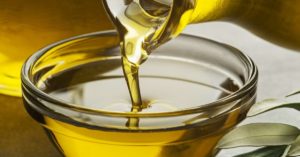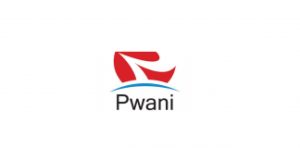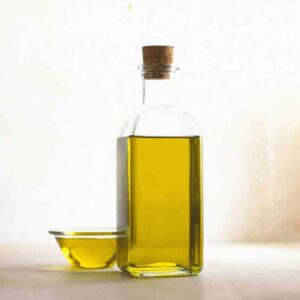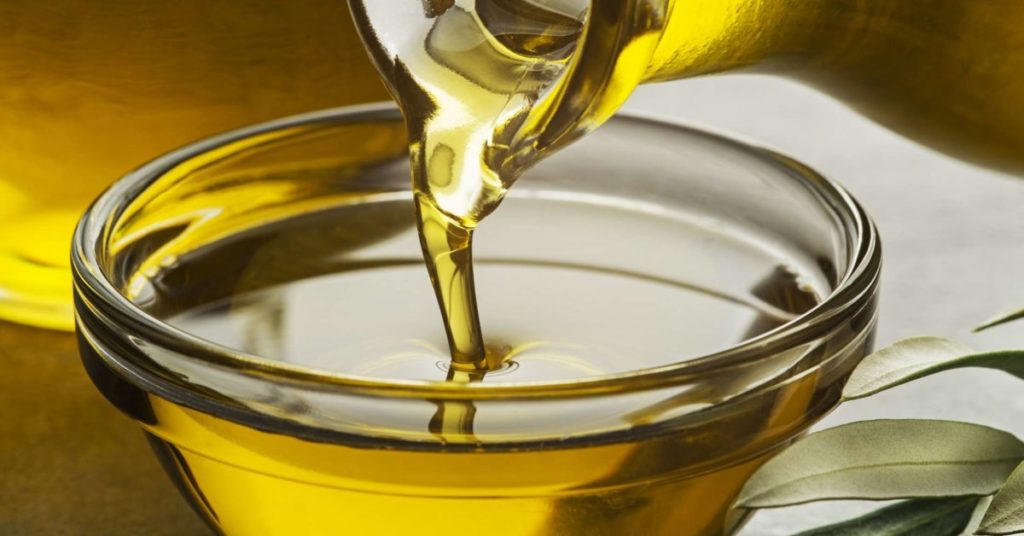Manufacturers of cosmetics, soaps and cooking oils are reportedly fearing a shortage in supply for their raw materials after major global exporter; Indonesia threatened to issue a ban on its exportation of palm oil. The news has led to significant fears of products becoming rationed in the near future, resulting in prices going sky high.

The prices of Cooking Oil have reportedly begun to rise by as much as over 30 percent since the later part of 2021. Household Cooking Oil brand names like Elianto can no longer be found on supermarket shelves.
The announcement by the world’s largest producer of Palm Oil that it will begin banning exports from Thursday the 28th of April 2022, have led to manufacturers warning that difficulties with gaining access to the integral raw material, might ensue.
Pwani Oil which is one of the largest makers of edible vegetable oil products in East Africa like Salit cooking oil and Fresh Fri, made it known that the export ban by Indonesia will negatively affect availability while also putting significant pressure on prices, pushing them even higher.
Malaysia which is the second largest producer of Palm Oil in the world’s production has in recent times, been severely affected by the shortages in labour. This could potentially put even more pressure if Indonesiagoes ahead with its export ban.
Read Also: Exports From Kenya Boost By 20 Billion Kenyan Shillings During Pandemic
On the 25th of April 2022 international news agency; Reuters revealed that according to officials in the Ministry of Trade, the export ban will only be placed on shipments for Refined, Bleached, Deodorized (RBD) Palm Oil. Said export ban will however not affect Crude Palm Oil.

The Commercial Director of Pwani Oil; Rajul Malde made it known that, “The only solace we have is that the ban is now only restricted to by-products and derivatives of palm oil and not crude. If that news is confirmed, we should be okay in terms of supply.”
The Commercial Director added that, “If not, we are in for a rough ride in terms of availability, forget about pricing.”
Reports revealed that Palm Oil makes up around sixty (60) percent of the edible vegetable oil exports worldwide, with Indonesia alone making up a third of said exports.
Other sources of edible vegetable products like Rapeseed Oil, Sunflower, and Soybean, are also in short supply. This has resulted in the prices of cooking oil rise by as much as 50 percent in the last couple of months.
The production of Soybeans in South Africa has in addition, been significantly affected by drought with the war in Ukraine also having a negative effect on the production of Sunflower Oil.
Read Also: KPLC Contractor Banned By AfDB Over Graft
For Canola Oil and Soy Oil their supplies, have been hit by unfavourable weather conditions in Canada and Argentina respectively.
The Commercial Director of Pwani Oil; Rajul Malde stated that the cost of Palm Oil importation into Kenya has increased significantly to around forty five (45) percent from February to March of 2022 compared to what was the case during a similar period in 2021.
This has resulted in Pwani Oil which is based on Mombasa Road, increasing its retail prices by an average of thirty five (35) percent.
In his words. “We have tried to minimise the cost to consumers by being creative and innovative with other parts of the supply chain, but overall we have had no choice but to increase the prices.”
Read Also: Central Bank Of Kenya Set To Take On A Bigger Role On Digital Payment Systems
The Commercial Director added that, “We have managed to reduce costs in other places in the supply chain by 10 percent. But now we are also getting problems from scarcity of dollars in the market, which is increasing the exchange rate and it may now not be possible to keep these costs down.”

In March of 2022 the rigid vegetable oil industry experienced the European Union (EU) which is made up of twenty seven (27) countries, began to ration cooking oil per customer. The decision has also bn adopted by retail chains in the United Kingdom (UK).
Pwani Oil believes that moving to alternatives like Soybean, will be a much more expensive option for the East African nation of Kenya. Soybean is currently in short supply due to the drought situation in South America.
Pwani Oil’s Commercial Director; Rajul Malde, “Palm is the cheapest edible oil in the world today. There’s no cheaper substitute. Even if we were to look for a substitute like soybean from South America it will be more expensive.”
Kenya is currently the largest importer of vegetable oils like Soybean Oil, Corn Oil, Sunflower Oil and the more popularly used crude Palm Oil majorly from Indonesia and Malaysia which produce over ninety (90) percent of the global supplies.
Read Also: Central Bank of Kenya Looking To Restore CRB Listings For Digital Loans
The weakened production in Malaysia in the past six (6) months as a result in shortages in labour as well as the floods, led to Kenya depending more on the Palm Oil from Indonesia.

Cooking Oil in Kenya, has also been bought in large quantities for industrial use in the creation of foodstuffs like Bread, as well as the manufacturing of detergents.
The Eastern European country of Ukraine, makes up around seventy six (76) percent of the total supply of Sunflower Oil exports worldwide. It has however slashed its supplies due to the Ukraine – Russia war which began when Russia invaded Ukraine in February of 2022.
Supplies for Soybean Oil have also been significantly affected by the two (2) year drought in Brazil and Argentina as a result of La Nina.
How informative was this article? Are there any other news topics, categories, or How To topics, that you would like us to write on? Feel free to reach out to Nextbit KE in the comment section.


